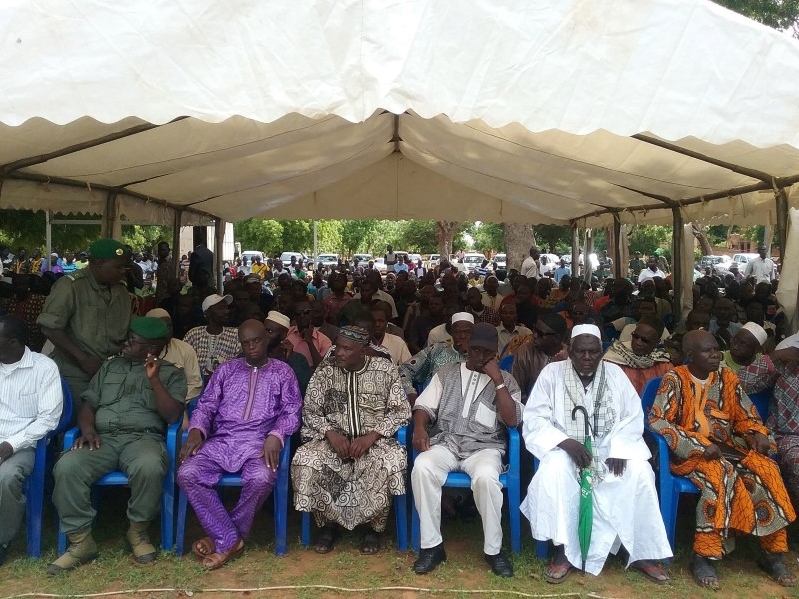
Hundreds of civilians displaced by recent fighting in South Sudan are struggling to find proper shelter in U.N. compounds in the capital as the rainy season begins to set in.
In the latest flare up of violence, at least 272 people were killed after fighting erupted on July 7 in Juba between followers of Kiir and Machar, a former rebel leader who became vice president under a deal to end a two-year civil war.
Conditions in Juba are far from ideal, the International Organization for Migration (IOM) says.
The fighting uprooted about 36,000 people who sought shelter at U.N. compounds, and 14,900 are still displaced.
Dozens of people have fallen ill with suspected cholera in South Sudan's capital, while a U.N. food warehouse was looted and destroyed, incurring 20 million U.S. dollars of damage, the United Nations has said.
Many foreigners have already been evacuated from the world's newest nation, which is still recovering from a two-year civil war that started in 2013, killing tens of thousands of people and driving more than 2.5 million from their homes.
"All things are put out because of the rain. Things are wet and even the situation is very bad because even you can see these children when they are staying in a place where there is rain, it cannot be good, but because of the situation, I wasn't happy, and actually I am not happy, but because I have nowhere to go this is why I am here now," said an unidentified displaced civilian.
Other parts of the country have subsequently reported clashes, and the U.N. has recommended aid agencies reduce staff in hotspot locations.
Over 5,000 people fled to Uganda, almost all women and children who had walked for days, the U.N. refugee agency UNHCR said.
The violence in Juba has prompted many traders and markets to shut down, and insecurity along supply routes meant food supplies were likely to dwindle further, the U.N.'s World Food Program (WFP) said.
"We need peace. We need peace because Children are suffering. We were outside South Sudan, but what brought us back was our country, irrespective of the situation, one stays because it is their country where one has rights. Even if someone wrongs you, you will be able to respond, but if you are in another country, you will face difficulties. So we came here because it is our country, but we honestly need peace in South Sudan. Children are suffering; there is no education, no stability, so we need peace as women," said another unidentified civilian.
South Sudan has 4.8 million people who are severely short of food, and about 1.6 million people who have been displaced since a civil war broke out in December 2013. A further 743,000 have fled the country, a number the U.N. expects to reach one million in the coming months.







